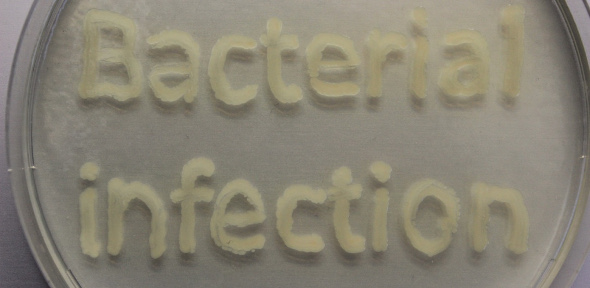Bacterial pathogens
My research interests lie in host-pathogen interactions and the molecular basis of virulence. We use genomic and functional genomic approaches, combined with advanced molecular, proteomic and microscopy techniques, and often integrated with mathematical and statistical models, to determine the basis by which bacterial pathogens colonise their hosts and cause disease. We work on a number of different pathogens of clinical significance for humans and other animals, particular interests include foodborne zoonoses. Currently we are working with Campylobacter jejuni, Campylobacter coli, Salmonella enterica, Escherichia coli, and Klebsiella pneumoniae. Our research is broad-ranging and multidisciplinary.
From determining
i) fundamental biochemical and physiological processes of bacteria (e.g. the genetic basis of bacterial cell shape),
ii) how bacteria survive in the environment,
iii) the roles of individual bacterial proteins in virulence,
iv) the within-host population dynamics of pathogens,
v) the host response to infection,
vi) transmission dynamics of bacteria between hosts and the environment,
vii) mechanisms of antimicrobial resistance (AMR) and
viii) the movement of AMR genes.
Through this research we aim to translate our findings into novel intervention strategies, including small-molecule therapeutics and immunotherapies including vaccination.


